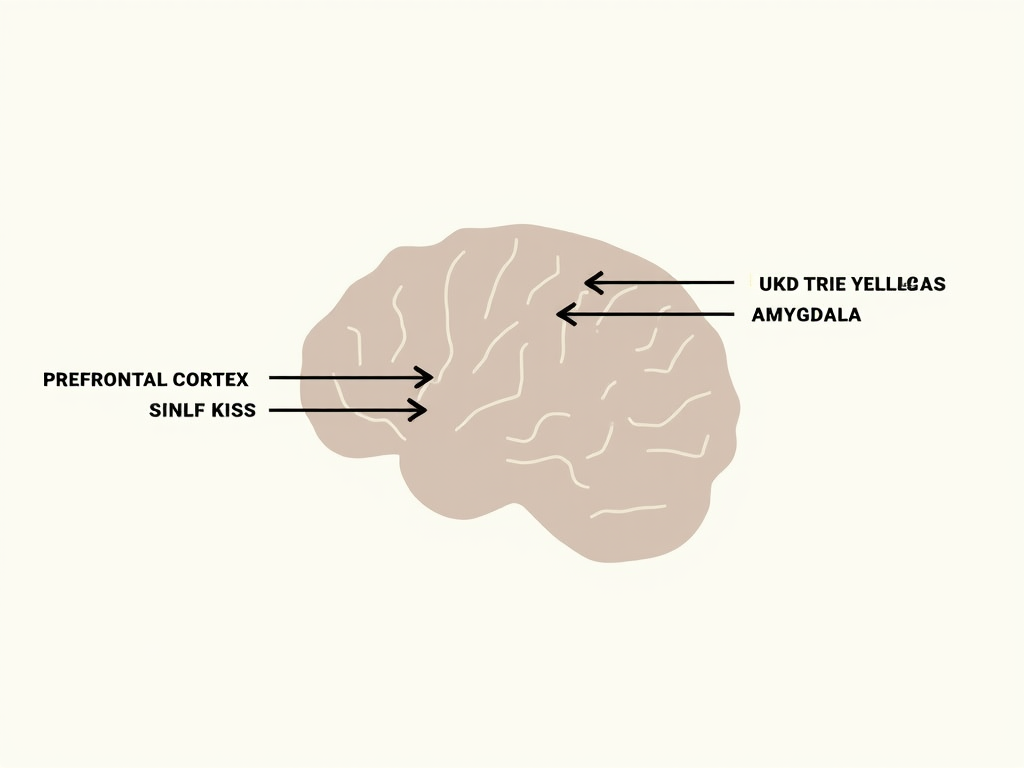In today’s fast-paced world, stress is everywhere. But there’s a simple, powerful way to fight it: mindfulness. This article dives into The Science Behind Mindfulness and Stress Reduction, showing how it works and why it matters—especially for parents and families looking for peace.
What is Mindfulness?
Mindfulness means staying present in the moment. It’s about noticing your thoughts, feelings, and surroundings without judging them. Imagine drinking a cup of coffee and really tasting it—focusing on the warmth and flavor instead of thinking about your to-do list. That’s mindfulness in action.

The Science Behind Mindfulness
Science backs up mindfulness as a stress-buster. Research shows it changes how your brain works. Studies using brain scans reveal that mindfulness boosts activity in the prefrontal cortex—the area that helps you make smart choices and stay calm. It also shrinks the amygdala, your brain’s fear center, which lowers stress and anxiety.

Mindfulness for Parents: Finding Calm in the Chaos
Parenting is a rollercoaster. One minute you’re laughing with your kids; the next, you’re breaking up a fight over toys. Mindfulness helps parents stay steady. I’ve tried taking three deep breaths before answering my son’s meltdown—it works. It gives me a second to think instead of yell.
Here’s a quick tip: Next time your child spills juice everywhere, pause. Breathe. Notice the mess without freaking out. Then decide what to do. This small habit can turn a stressful moment into a manageable one.

Strategies for Stress-Free Parenting
Mindfulness isn’t the only tool for parents. Setting realistic goals helps too. You don’t need to be perfect—your kids won’t notice if dinner’s late. Also, take care of yourself. I started walking for 10 minutes a day, and it’s a game-changer for my mood.
Here are some easy strategies:
- Pause Before Reacting: Take a breath before responding.
- Say No to Overload: Skip extra activities if you’re stretched thin.
- Ask for Help: Let your partner or a friend pitch in.

Holistic Approaches to Family Wellness
Mindfulness can bring your whole family closer. Try doing it together. My family started a ‘quiet minute’ before dinner—everyone closes their eyes and listens to the sounds around us. It’s short, but it sets a peaceful tone for the meal.
Another idea is a mindful walk. Go outside and notice what you see, hear, and feel. Last week, my daughter pointed out a bird she’d never noticed before. These moments build family wellness naturally, without forcing anything.

Why It Matters
The science is clear: mindfulness reduces stress by rewiring your brain. But it’s more than that. For parents, it’s a lifeline to stay calm when life gets wild. For families, it’s a way to grow stronger together. And it’s not hard—anyone can start with just a few minutes a day.
In short, The Science Behind Mindfulness and Stress Reduction shows us it’s not just a trend—it’s a proven way to live better. Parents can find calm in the chaos, and families can thrive. Try it out. You might be surprised how much it helps.
Discuss Here